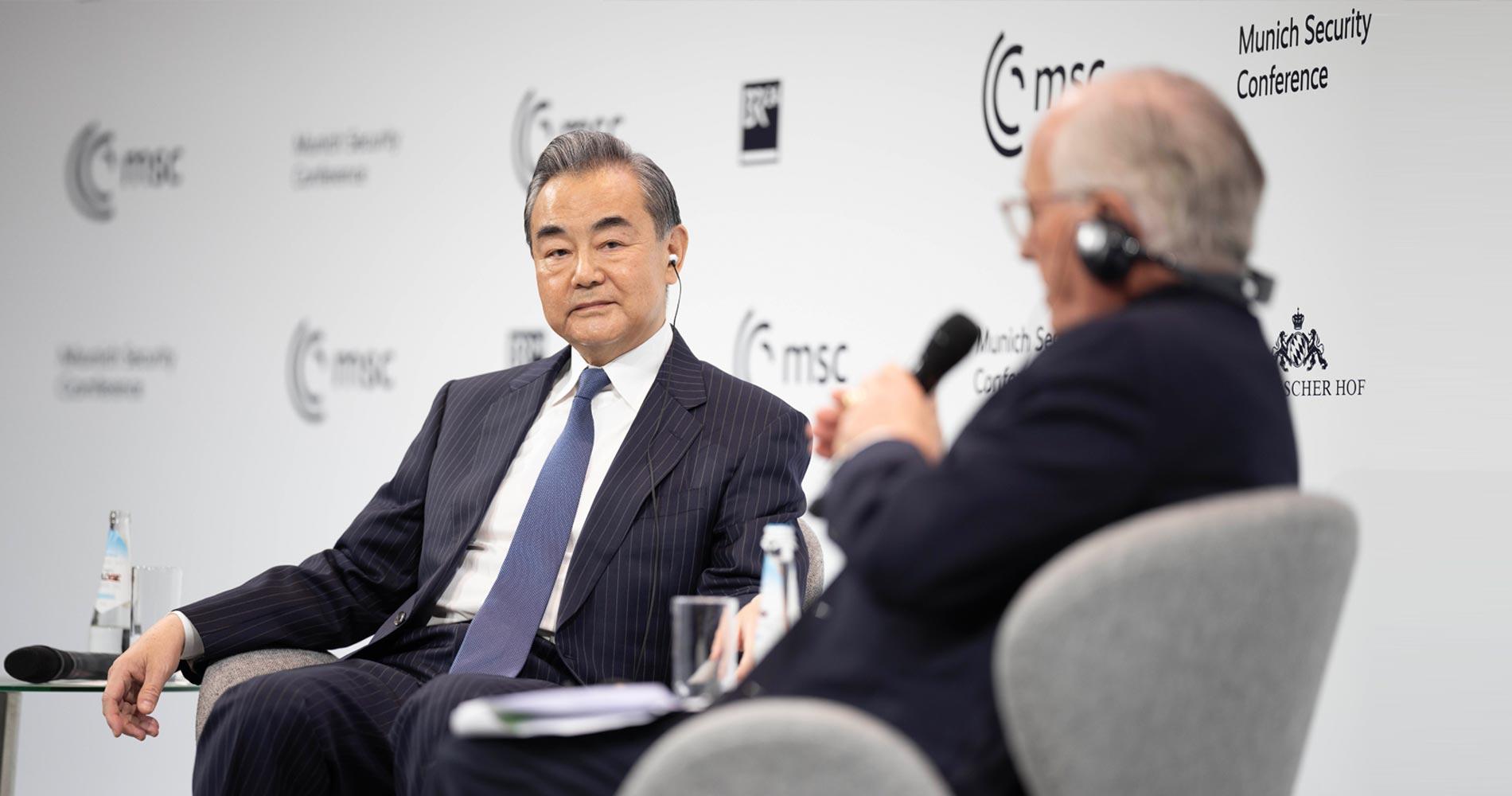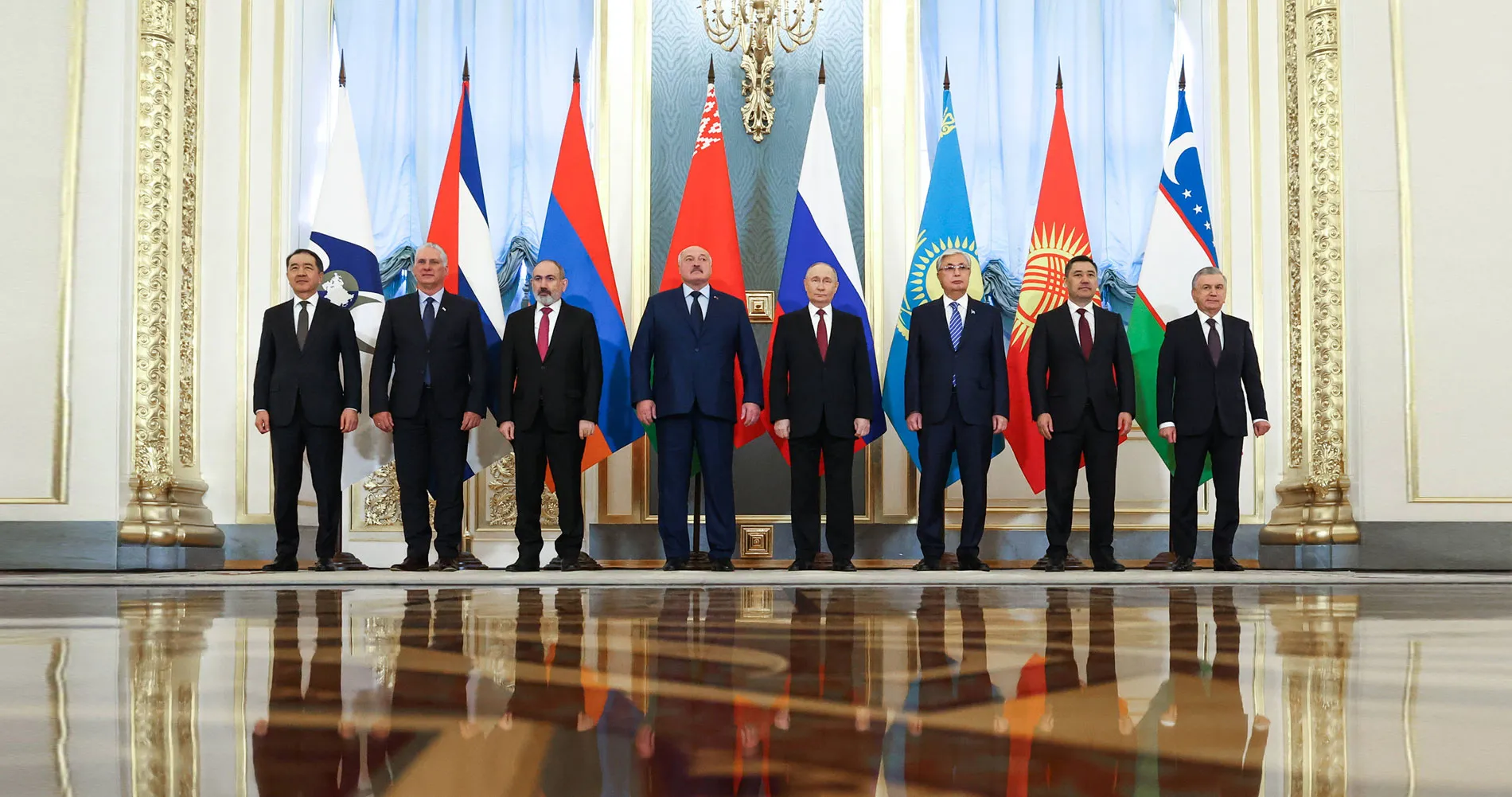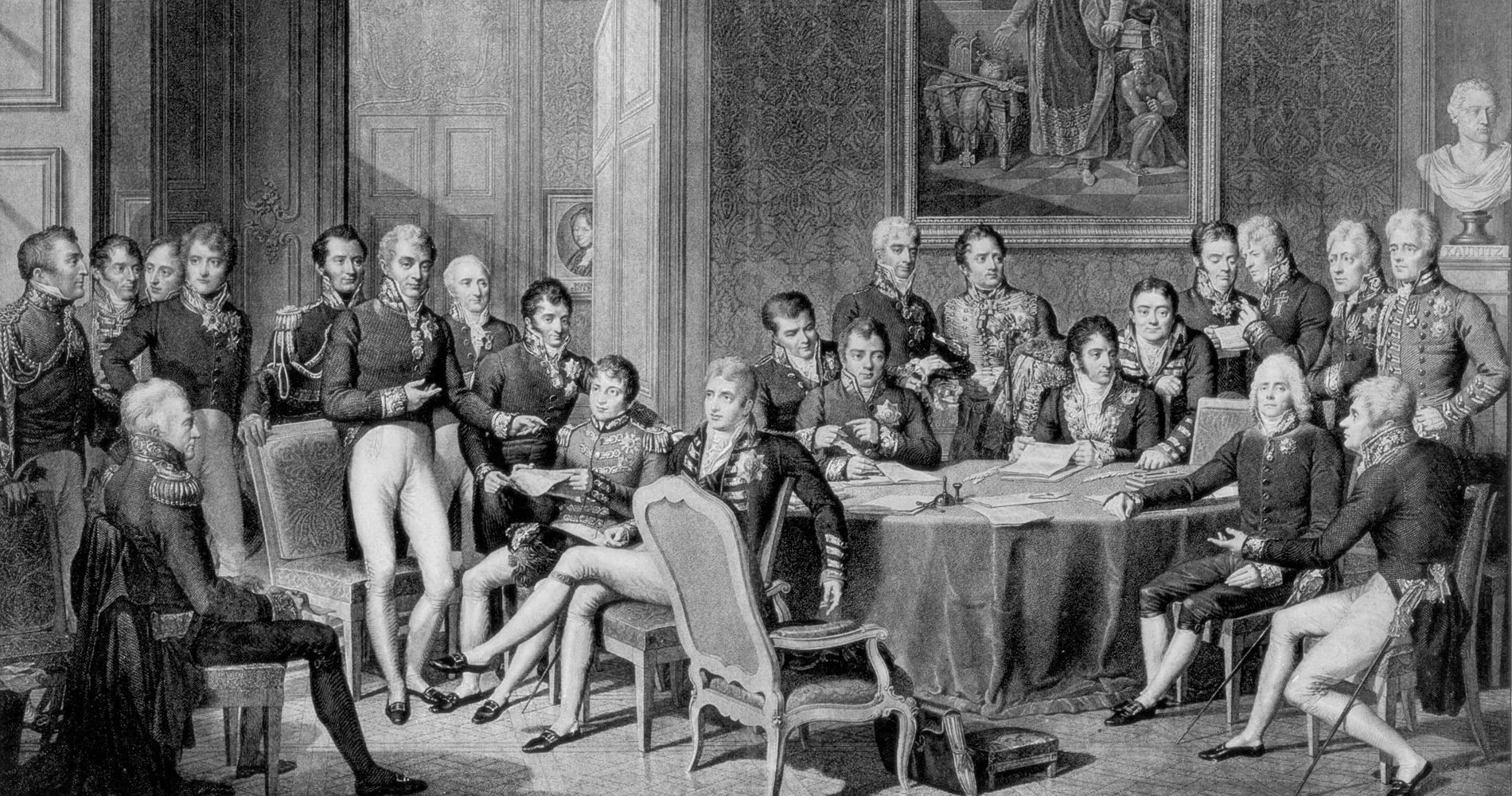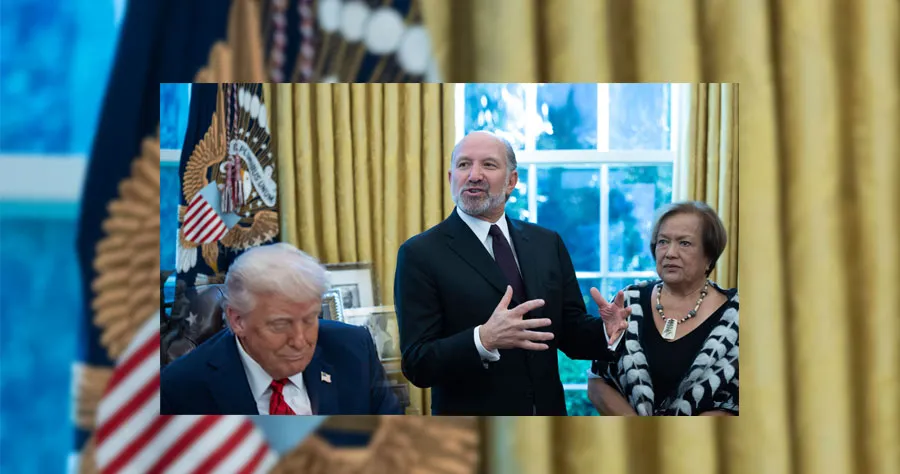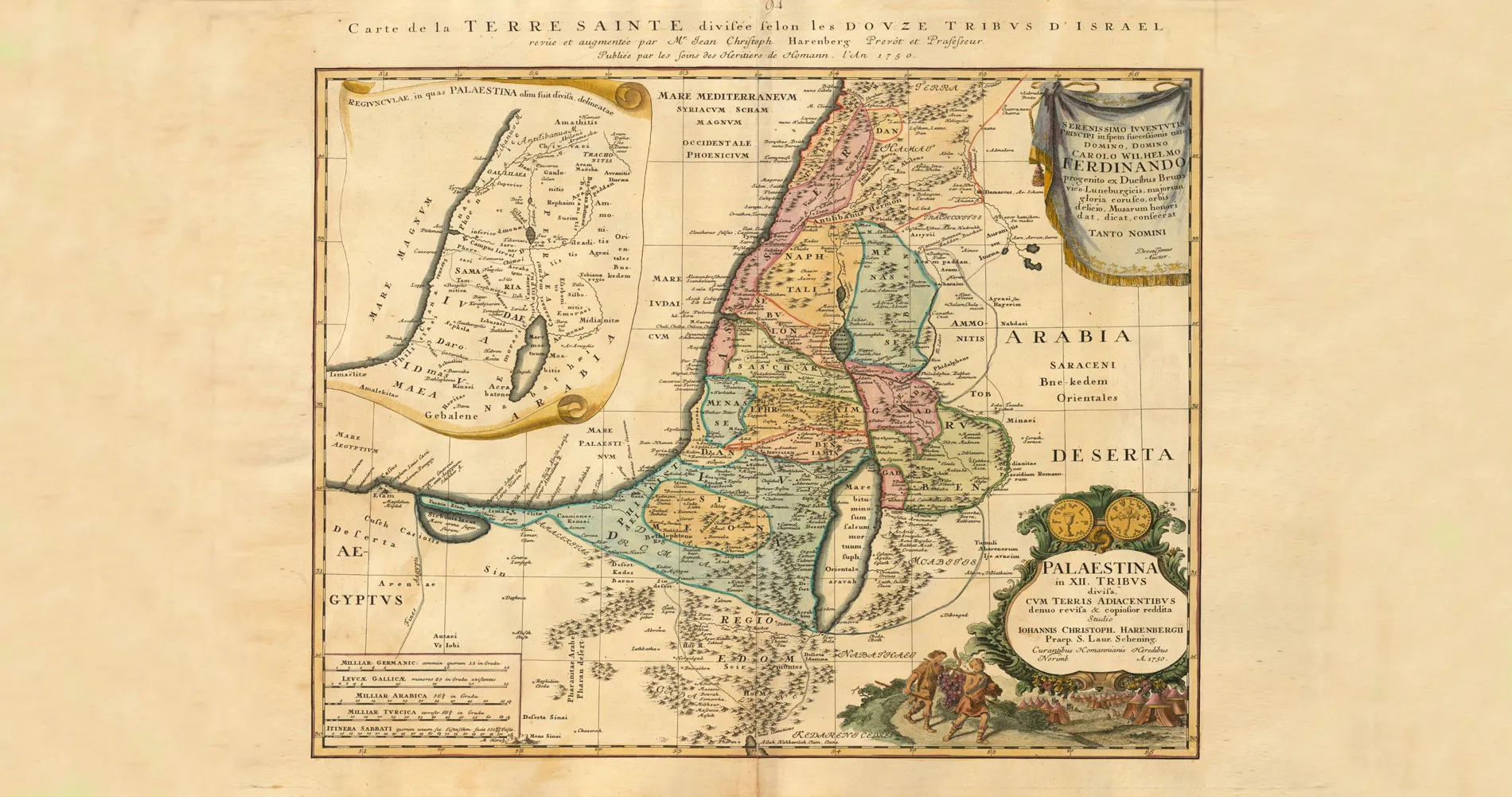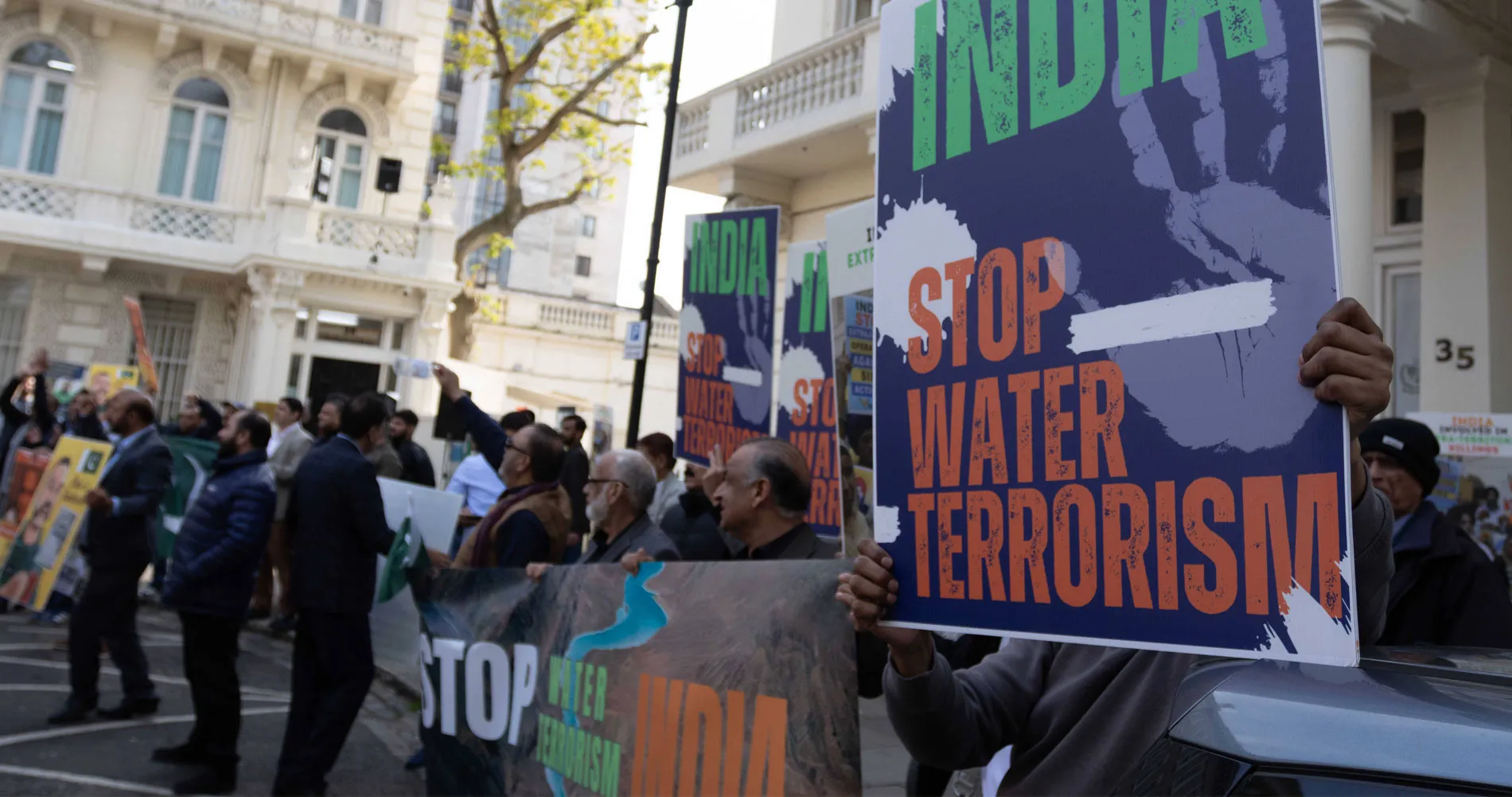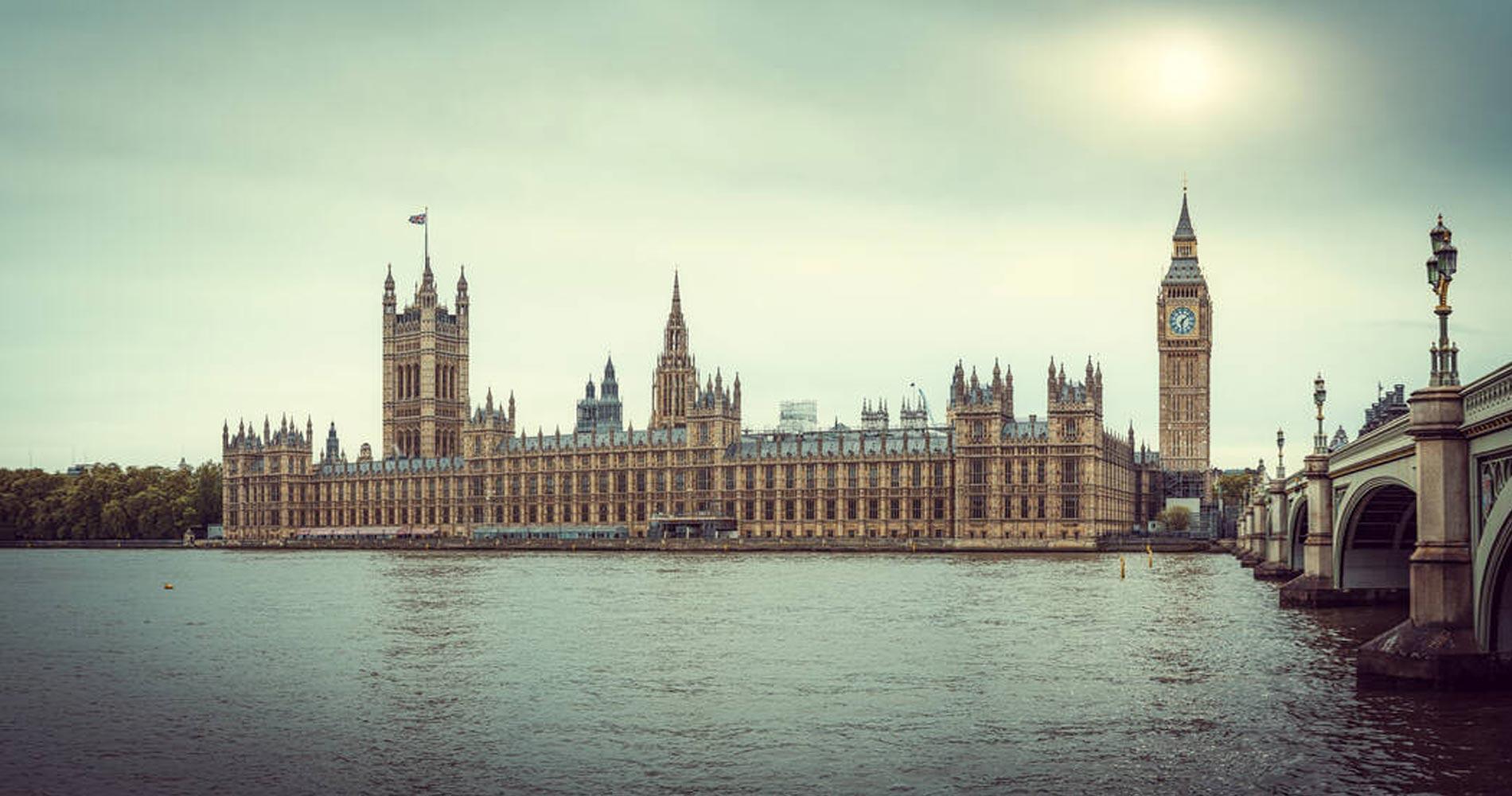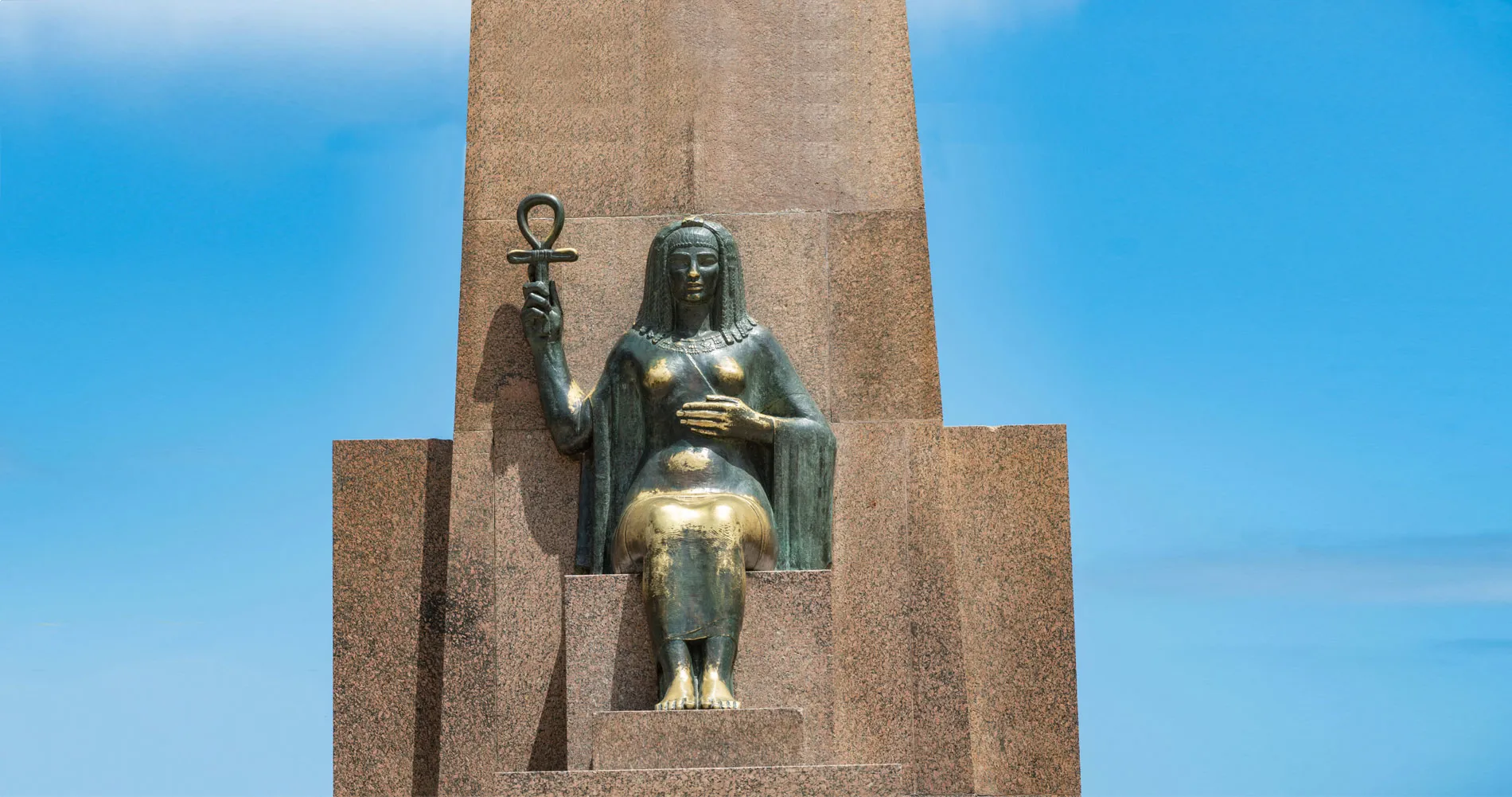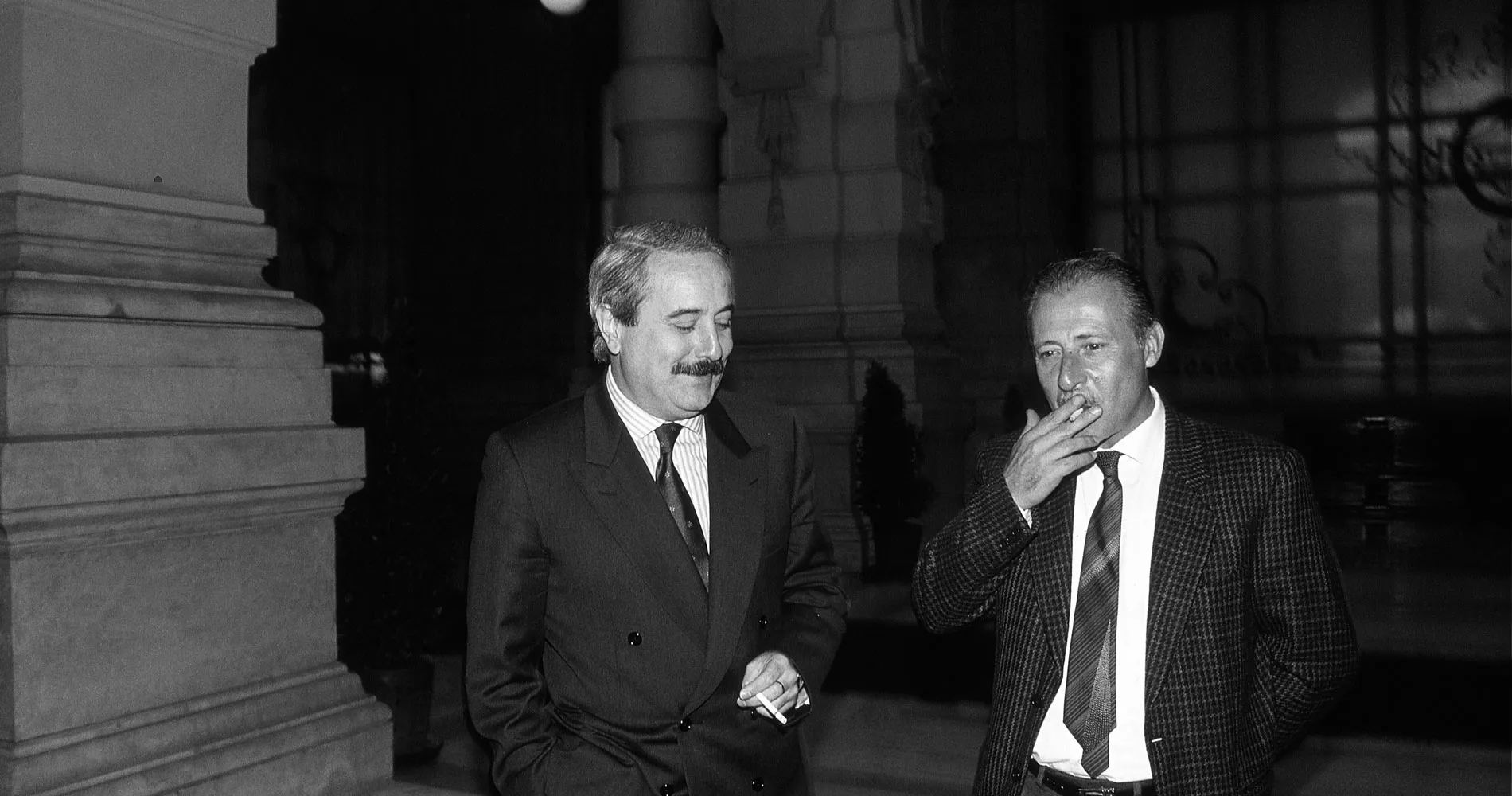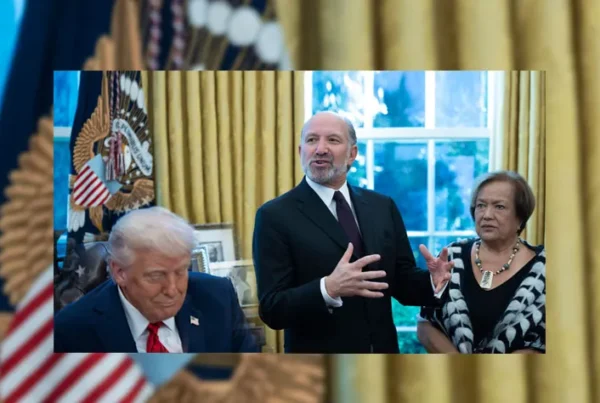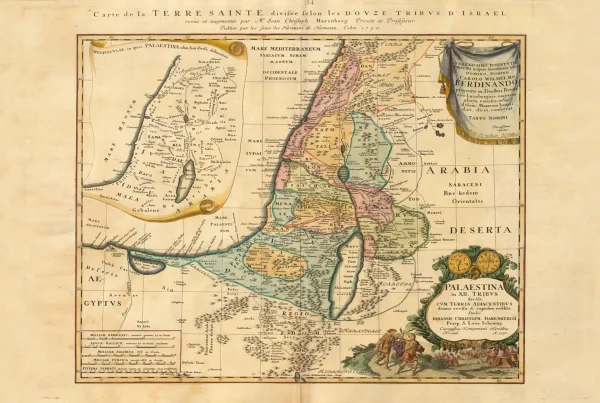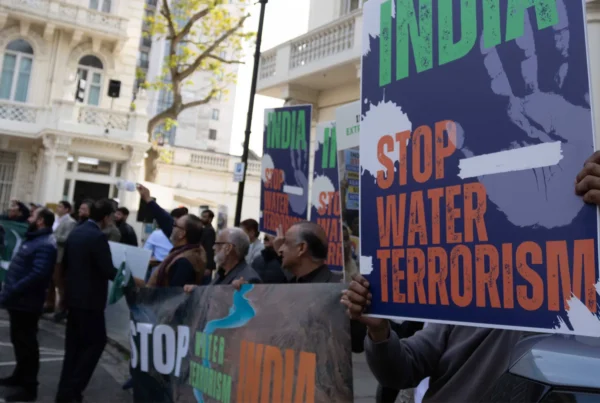China’s 12-point peace plan has already started to have an effect and proven China’s relevance on the global stage. In order to end the hot war and prevent a cold war, the plan calls for an immediate cease fire and negotiations between the warring parties. This “middle” position is an alternative to the widespread bloc thinking of the West. It opposes attempts to impose the law of the strongest and instead propagates a ruled-based international order.
Susanne Weigelin-Schwiedrzik, 27 February 2023
On 24 February 2023 China presented its position on the conflict in Ukraine in its 12-point peace plan. Reactions to their plan were mixed. While the U.S. rejected the proposals contained in the document as nothing new and unhelpful, President Selenskyj expressed an unexpected positive view, basically approving a Chinese initiative to end the war as soon as possible. Washington’s allies in Europe also refrained from rejecting the Chinese plan in principle. Even Germany’s Foreign Minister Baerbock praised China for assuming its responsibility for world politics. In the same breath, however, she criticized the equating of perpetrator and victim that she thought she had found in the Chinese paper.
It is unmistakable that China’s position paper does not contain any major breakthrough on the issue and yet it is already having some effect. The statements are mostly repetitions of what has long been said. Nor does the plan contain any concrete steps toward a cease fire. Those who had expected the PRC to intervene only when the situation demanded it found themselves deceived, since at present there is nothing to suggest that the warring parties doubt their respective ability to turn the tide and claim victory. Selenskyj stressed on 25 February 2023 that at present there was no possibility to start talks with Moscow.
Why did the PRC leadership nevertheless publish the position paper in the current situation? An analysis of the twelve points shows that Beijing’s position paper is addressed to the West. China realizes that doubts about the effectiveness of the sanctions policy are multiplying in Europe more than in the past, that the willingness of the population to support Ukraine is decreasing in some countries, and that Donald Trump is spearheading an anti-war movement in the United States. In this situation, Beijing is trying to persuade Ukraine to adopt a positive stance regarding China’s participation in future talks on ending the war. China seems to see in the attitude of the US, Ukraine, and NATO the main obstacle to a future role for China in the peace process. At the same time, the paper offers few points of contact for Russia. Nevertheless, Putin has spoken positively about the Chinese initiative.
The differences between earlier statements by the PRC on the issue of a political solution to the Ukraine crisis and what is now in the Chinese Foreign Ministry’s position paper are minimal, although they cannot be overlooked. China ascribes to itself a much more active role and calls for the immediate initiation of talks. It says a military solution to the conflict is not possible. It stresses that the interests of the civilian population must be respected and that the safety of nuclear power plants must be guaranteed, both demands that have not been part of the standard repertoire of statements by the Chinese Foreign Ministry.
That China is concerned about the state of the world economy is shown by its two demands related to the economic sphere. In addition to the lifting of sanctions, it stresses the guarantee of maintaining supply chains and the start of planning for the reconstruction of Ukraine. Contrary to the widespread assumption that China wants to opt out of the rules-based international order, the paper emphasizes the need to resolve the crisis in Ukraine by political means based on the rules established by the UN. It also opposes attempts to impose the law of the strongest in the international order. The “middle position” that China has taken since the beginning of the war, which is often met with incomprehension in the West, is repeated and China aggressively criticizes “Cold War thinking” and the re-establishment of blocs in the international order.
It was necessary for China to finally explain its position more clearly than before in this paper. Since the 20th Party Congress of the CCP in October 2022, the Chinese leadership has indulged in a policy of ambivalence and opacity. Since alternative voices, especially those individuals in the Chinese party leadership who previously maintained good relations with the United States, were excluded from the top leadership, Xi Jinping now had to embody in one person the different options of Chinese foreign policy. This approach led to a great deal of uncertainty in the analysis of Chinese policy. In this context, one must try to understand that the pro-Western and pro-Russian options coexist in Chinese foreign policy and balance each other out. This also explains why the position paper has little to offer Russia and Wang Yi nevertheless travels to Moscow to assure Putin of Chinese friendship.
Although China offered little that was new, its goal can be considered achieved. With the publication of the paper and Wang Yi’s trip to Europe, it has become massively involved in current events and has shown that it must be taken seriously as a global player. At the same time, with its “middle” position, it has shown an alternative to the currently widespread bloc thinking. This will not remain without effect, because both in Russia and in the so-called West, adherence to bloc thinking is increasingly reducing possible options for resolving the Russia-Ukraine conflict.


